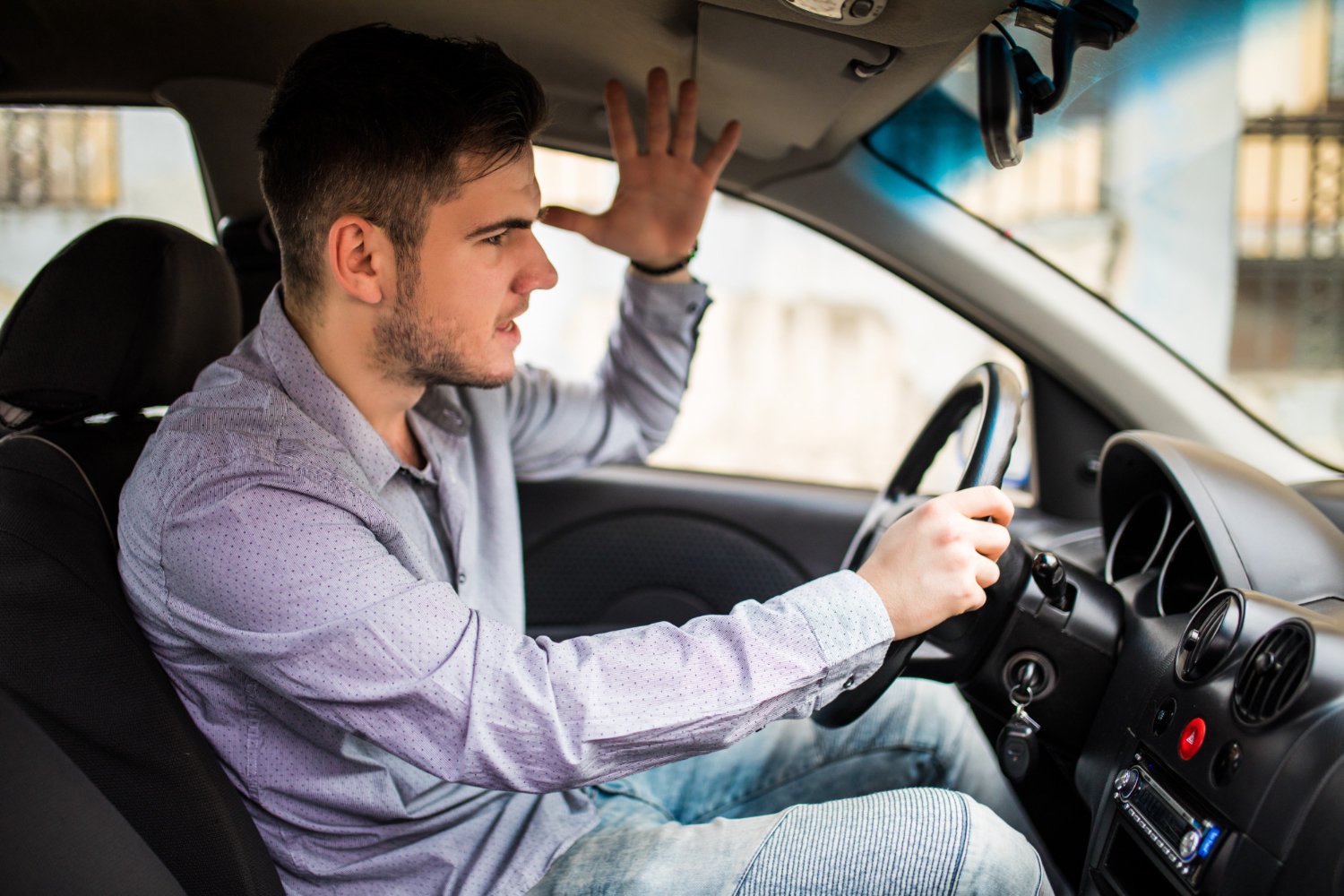Have you ever found yourself yelling insults at another driver while sitting alone in your car? If so, you’re far from alone. This surprising habit affects many of us, even those who seem calm and collected behind the wheel. But what’s really going on when you unleash frustration at a stranger’s windshield?
It turns out that road rage is not just about the momentary irritation caused by a rude gesture or a sudden brake. Psychology uncovers deeper reasons why you might find yourself shouting at other drivers—even when no one else is around to hear. From unspoken personal stress to a feeling of invisibility, your solo car rides can become emotional minefields waiting to explode.
Stress and hidden emotions fuel insults at other drivers
One key factor behind this surprising behavior is the weight of accumulated stress. Maybe work has been overwhelming, or personal relationships feel tense. These pressures don’t always get aired out during your day. So when you’re behind the wheel, enclosed in your own private bubble, your car becomes a space where those pent-up feelings bubble to the surface.
In this unique environment, another driver’s minor mistake suddenly turns into a convenient outlet for emotions that have nowhere else to go. While their driving might have sparked it, your shout could be more about anxiety or frustration from other areas of life. It’s like you’ve been carrying a heavy invisible backpack all day, and that rude gesture is the straw that breaks the camel’s back.
How car anonymity lowers your inhibitions and empathy
Have you noticed that driving feels different from interacting face-to-face? Being inside your vehicle creates a sense of invisibility that changes how you perceive those around you. Other drivers become faceless obstacles rather than people with feelings, stories, or challenges of their own.
This psychological distance reduces social constraints and lowers your usual empathy. There’s a feeling of safety in expressing anger because it seems like there are no consequences—no one is really going to hear or judge you in that moment. That anonymity encourages many people to lash out verbally, knowing that they’re shielded from immediate repercussions.
On a personal note, I remember one drive when a careless lane change nearly caused a crash. Instead of calming down, I found myself shouting at the invisible driver, frustrated not just with them but with my own stressful day. Reflecting afterward, I realized how my sense of isolation in the car made it easier to lose patience.
Why your car feels like your territory and triggers defense reactions
Your car isn’t just a vehicle—it becomes an extension of your personal space and identity. When you’re behind the wheel, the stretch of road you’re on transforms into your temporary domain. Any perceived intrusion—whether that’s a tailgater, a driver cutting you off, or someone driving too slow—feels like an attack on that space.
This perception activates a defensive response. Verbal insults can act as a way to reclaim control and protect your sense of order and safety. The road becomes a kind of battleground, and your words are your weapons.
Add to this the constant pressure from heavy traffic, looming deadlines, rude honking, and even unpleasant weather, and your patience wears thin fast. These overlapping external stressors chip away at your tolerance, and small annoyances suddenly feel like huge provocations.
Understanding these patterns has helped me recognize when my anger is less about the driver in front and more about the pile-up of daily stressors. It’s a reminder that, while it’s easy to lose control, there are healthier ways to manage these emotions.
Next time you feel your frustration rising on a solo drive, consider this: what else might be weighing on your mind? Try techniques like mindful breathing, playing calming music, or simply acknowledging your feelings rather than suppressing them. These simple steps can turn your car rides into opportunities for relaxation and emotional growth rather than conflict.
Have you experienced this urge to insult other drivers when alone? What strategies have helped you stay calm behind the wheel? Share your stories and thoughts below—we’d love to hear your take on this common yet little-discussed habit. Let’s start a conversation that turns road rage into road peace.
